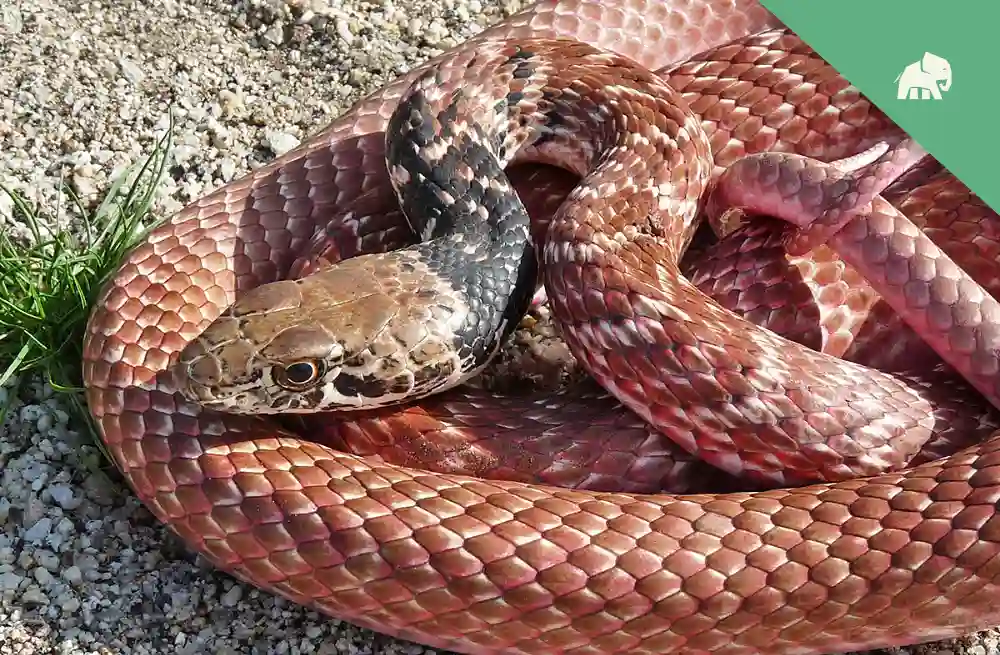The animal kingdom is a realm of diverse behaviors, with different species exhibiting a wide range of emotions and actions. Among the most intelligent and socially complex creatures are primates, including monkeys.
These remarkable creatures, known for their intricate social structures and sophisticated communication, also experience grief and loss.
Observations of primates mourning their dead offspring have intrigued researchers for decades, offering unique insights into the emotional lives of these animals. In this long-form article, we delve into the world of primate grief, focusing on what monkeys do with their dead babies and exploring the possible reasons behind their behaviors.
The Emotional Lives of Monkeys
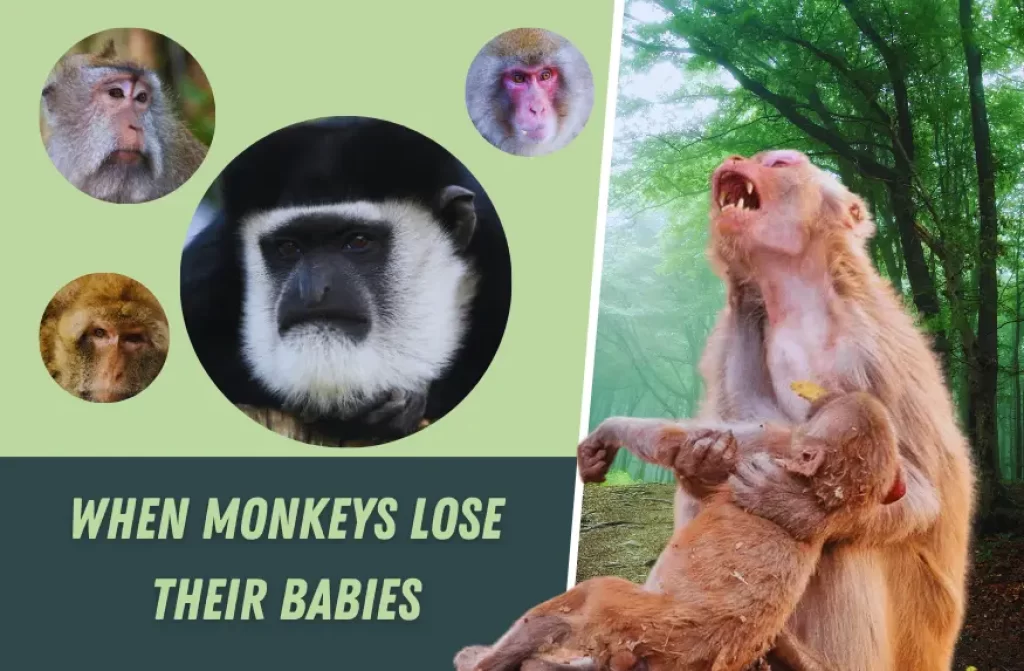
Before delving into the specific behaviors surrounding the dead, it’s crucial to understand that monkeys, like many other primates, possess a rich emotional life.
They experience joy, fear, anger, and, importantly, grief. Monkeys are highly social animals that form deep bonds with their family members and troop mates. When a troop member dies, particularly a mother’s offspring, it can have profound effects on the entire group.
Carrying the Dead Babies offspring
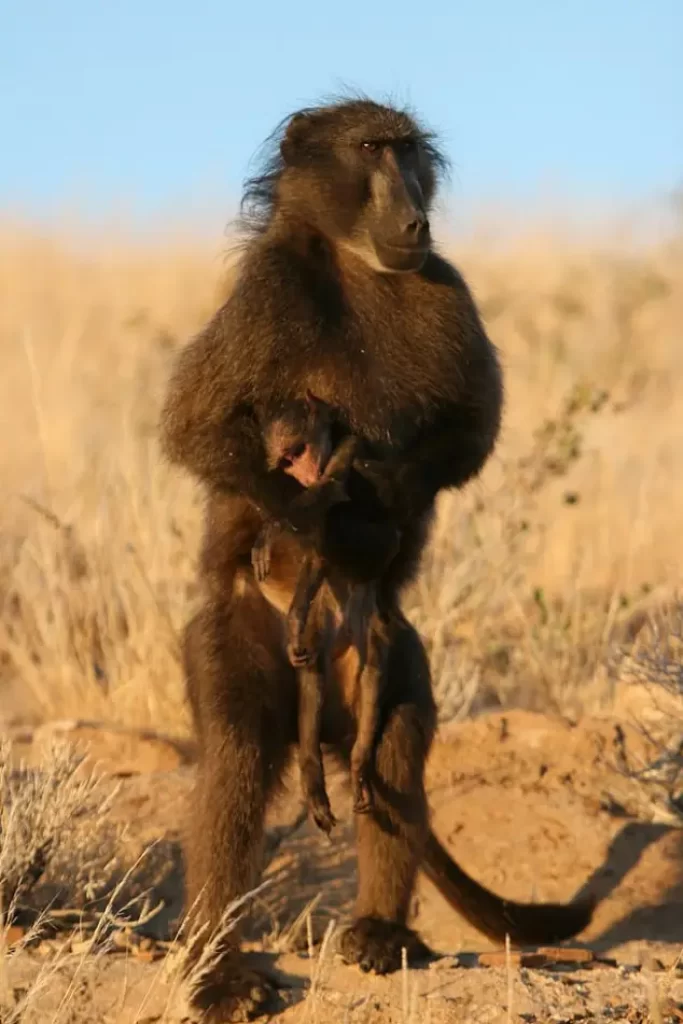
One of the most notable behaviors observed in some monkey species is the carrying of dead babies. Mother monkeys have been seen cradling their deceased offspring, sometimes for days, after they have passed away.
This behavior is not limited to just the mother; other troop members might also participate in carrying the lifeless infant. Researchers believe that this behavior could be a manifestation of mourning or a way to cope with the loss.
Examination and Exploration
Monkeys, being highly curious creatures, often engage in examining and exploring the bodies of their dead offspring. This examination behavior is not just restricted to the mother but can extend to other troop members. By sniffing, touching, and closely inspecting the lifeless body, monkeys may be trying to comprehend what has happened, seeking closure, or processing their emotions.
Vocalizations and Expressions
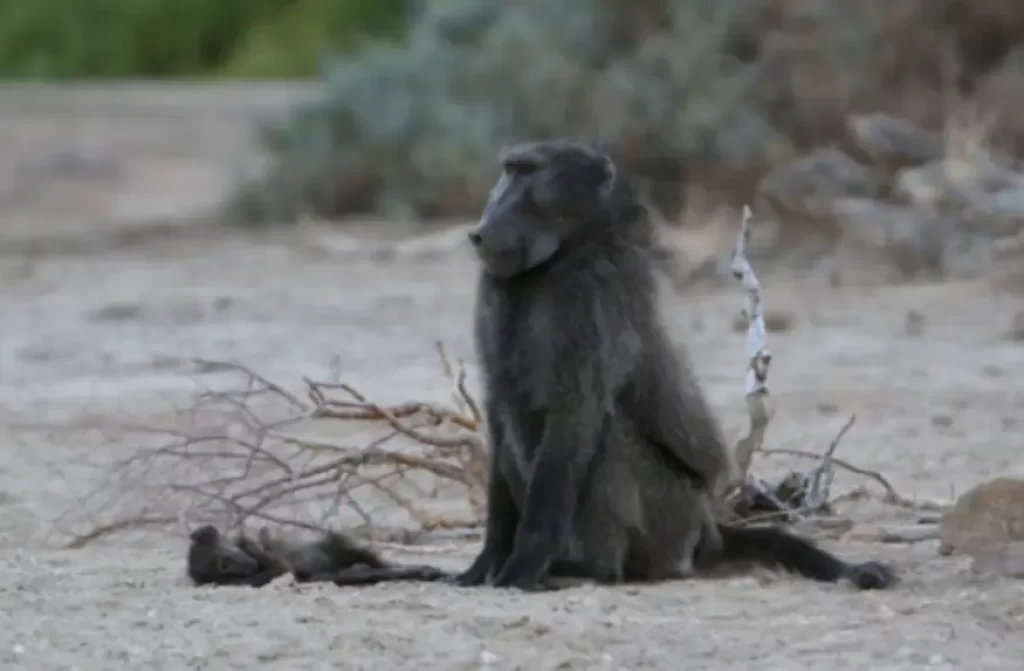
Vocalizations and facial expressions play a significant role in primate communication. When a baby monkey dies, troop members may exhibit distress vocalizations and facial expressions, conveying their emotions to others in the group.
These vocalizations are more pronounced in the case of the mother, as she experiences the most profound loss. Other troop members might respond with comforting behaviors or remain more subdued, understanding the gravity of the situation.
Burial and Abandonment
The response to a dead infant can vary depending on the monkey species and the social dynamics of the troop. In some instances, monkeys have been observed burying their dead offspring, possibly to protect the body from scavengers or as a form of ritualistic behavior.
On the other hand, some monkeys may choose to abandon the body, allowing nature to take its course. These different approaches reflect the diversity of primate behaviors and the complex web of social interactions within each troop.
Reasons Behind Grieving
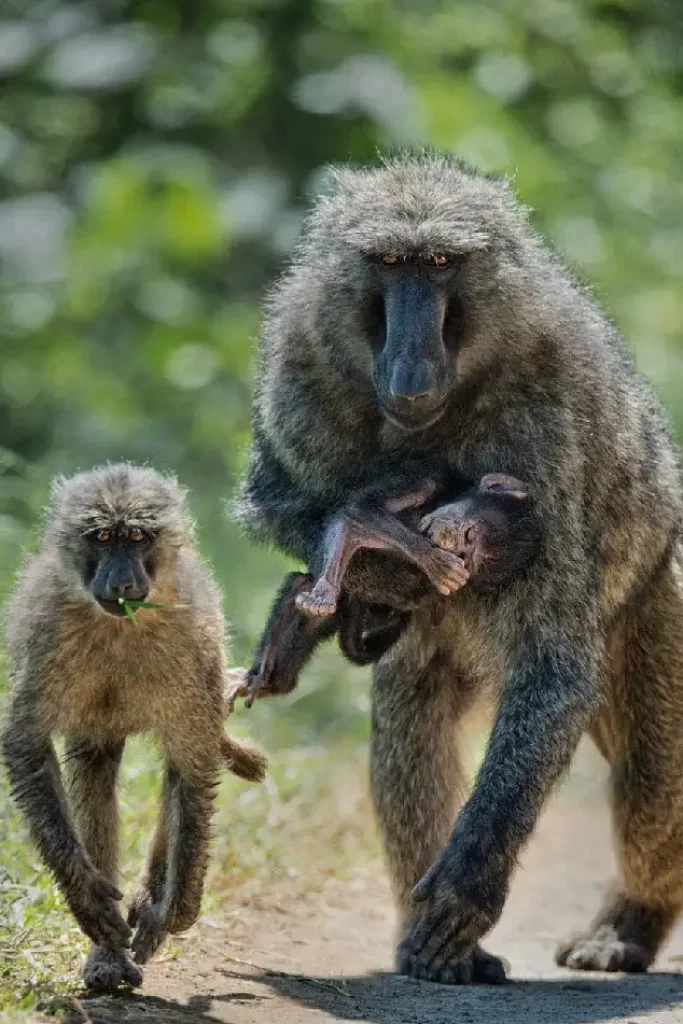
The grief observed in monkeys can be attributed to various factors, including the emotional bond between mother and offspring, the understanding of loss, and the intricate social structures that rely on strong relationships.
The depth of emotions expressed during these mourning rituals raises intriguing questions about the similarities between primate and human emotional experiences.
Conclusion
The observation of monkeys mourning their dead offspring offers a fascinating glimpse into the emotional lives of these intelligent creatures. By witnessing their behaviors and responses to death, researchers gain valuable insights into the complexities of primate grief and the underlying mechanisms of their social structures.
While we may never fully comprehend the depths of emotions experienced by monkeys, these observations remind us of the close evolutionary ties that bind us to our primate relatives.
As we continue to explore the animal kingdom, let us approach these remarkable creatures with empathy, respect, and a deeper understanding of their emotional worlds.
FAQ
How long do monkeys hold on to their dead babies?
The duration for which monkeys hold on to their dead babies can vary depending on the species and individual circumstances. Observations and research have shown that some monkey mothers may carry their deceased offspring for hours to even several days after their death.
The length of time can be influenced by factors such as the species of monkey, the social dynamics within the troop, and the mother’s emotional response to the loss.
In some cases, monkey mothers may exhibit intense grief, unwilling to part with their lifeless young, and continue to carry them as they would with a living baby. This behavior has been particularly observed in species with strong social bonds and complex social structures, such as chimpanzees and baboons.
What do monkeys do when another monkey dies?
When monkeys encounter the death of another monkey, their reactions can vary. Some may show curiosity, inspecting the body, while others become distressed or show signs of mourning. Social interactions and disinterest are also observed responses. Each species and individual may react differently to death within their group.
Do monkeys mourn their dead?
Yes, monkeys do mourn their dead. Studies and observations have shown that many primate species, including monkeys, exhibit behaviors that suggest they experience grief and loss when a group member dies.
They may show signs of distress, spend time close to the deceased individual, or engage in what appears to be mourning rituals. These behaviors indicate a deep emotional connection and an understanding of the loss within their social group.



